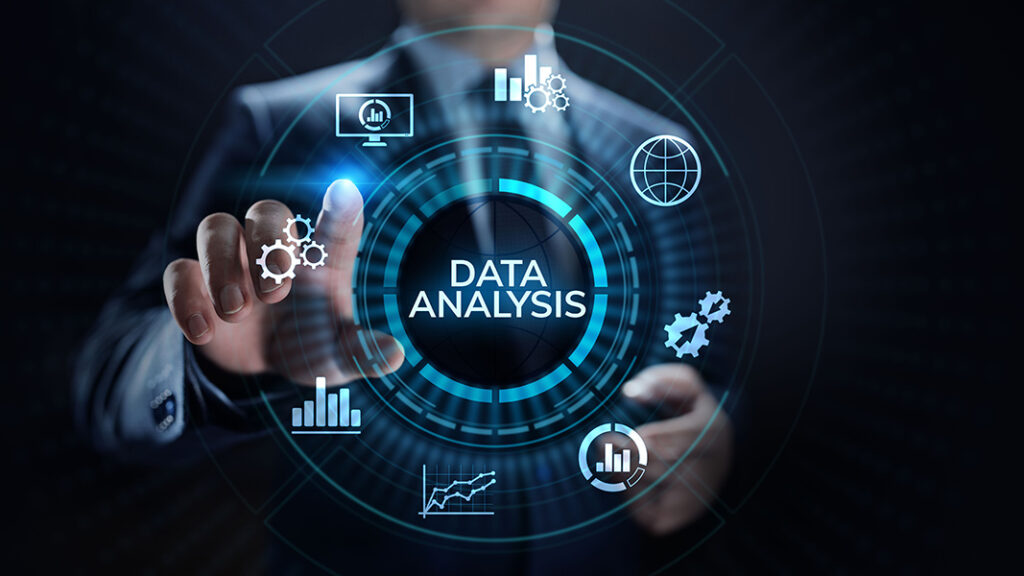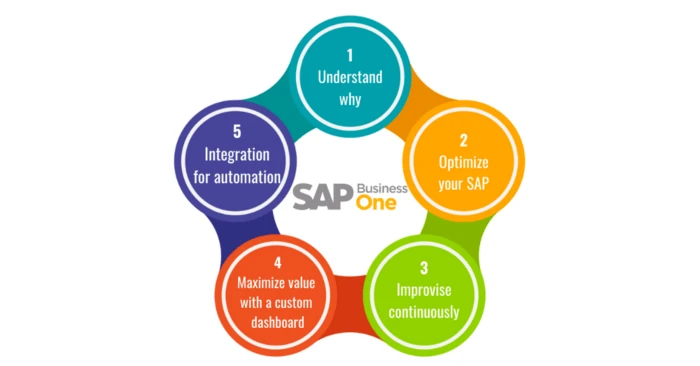Over time, the way data is accessed, gathered, and managed has been profoundly affected by technological developments in data analytics. These days, businesses have access to cutting-edge technologies, interesting tools, and efficient procedures for interpreting, finding, and applying insights. New technology and trends develop regularly, increasing best practices and shortening vicious data cycles.
Although it can be difficult to forecast precise trends for the year 2024, the following trends in data analytics should be monitored, according to the trajectory of industry developments and technology improvements:
- AI-driven Analytics
Data analysis will see a growing amount of use from machine learning (ML) and artificial intelligence (AI). Businesses will be able to make data-driven decisions more effectively thanks to AI algorithms, which will automate insights discovery, anomaly detection, and predictive analytics.
- Data Democratization
Encouraging non-technical users to access data will remain a top priority for all companies. Employees at all levels will be empowered to extract insights from data through self-service analytics tools and platforms, promoting a culture that is driven by data.
- Real-time Analytics
Real-time data analysis will become more and more in demand as companies need to react quickly to shifting market conditions and obtain quick insights. Technologies like stream processing and in-memory computing will make large-scale real-time analytics possible.
- Privacy and Ethics
With growing concerns about data privacy and ethics, there will be a higher priority on maintaining appropriate data practices. Corporations’ ways of gathering, storing, and analyzing data will be influenced by regulatory frameworks like GDPR and changing data privacy legislation.
- Edge Analytics
Edge analytics will increase as the Internet of Things (IoT) grows. Applications needing real-time insights, including predictive maintenance and IoT-driven automation, can benefit greatly from data analysis at the network’s edge, closer to the data source, as this will lower latency and bandwidth consumption.
- Blockchain for Data Integrity
Blockchain technology will be used more and more to guarantee data transparency and integrity, particularly in the healthcare, banking, and supply chain management sectors. An unaltered record of data transfers through blockchain technology can improve security and trust.
- Augmented Analytics
AI, ML, and human intelligence combined with augmented analytics will become prevalent. By automating data preparation, insight creation, and natural language processing for data querying, these technologies will help analysts and increase the accessibility of analytics to a wider audience.
- Explainable AI (XAI)
The growing usage of AI in decision-making procedures will necessitate the development of explainable AI models. Through XAI approaches, people will be able to better trust and hold AI-driven insights more accountable by understanding how the systems arrive at their conclusions.
- Hybrid and Multi-Cloud Analytics
For their analytics workloads, businesses will combine on-premises, public cloud, and private cloud infrastructures. Solutions for hybrid and multi-cloud analytics will make data processing and storage more flexible, scalable, and redundant.
- Data Governance and Management
Organizations will need to have effective data governance and management to guarantee data security, compliance, and quality. Organizations may manage their data assets more efficiently with the use of automated data categorization, metadata management, and data lineage tracking.
Conclusion
To fully utilize data in business and society, it is essential to recognize patterns in the data. All firms will need to prioritize maximizing value through data in the future. Analyzing data and generating insights that can lead to real-world business results are necessary for this.
Ensuring the accuracy of our data and responsibly handling the information are paramount.
By sharing information, we at Osswal Infosystem transform it into an asset that fuels innovation and collaboration within and beyond boundaries. For more details on using data observability or other solutions to grow your enterprise into a profitable venture, feel free to contact us as we are the best ERP software provider in Pune.




